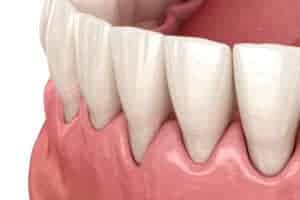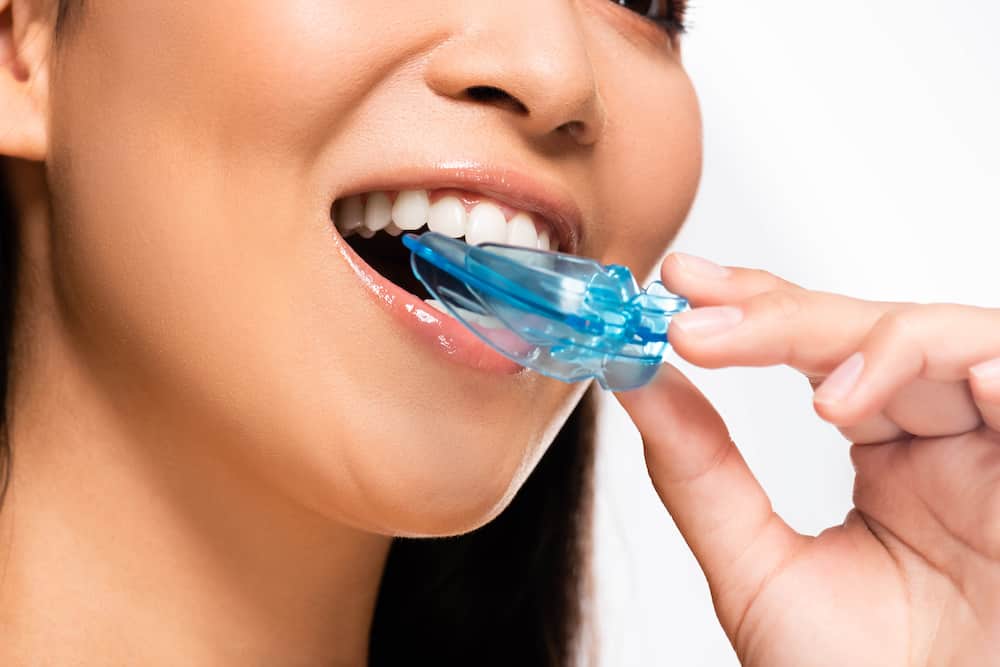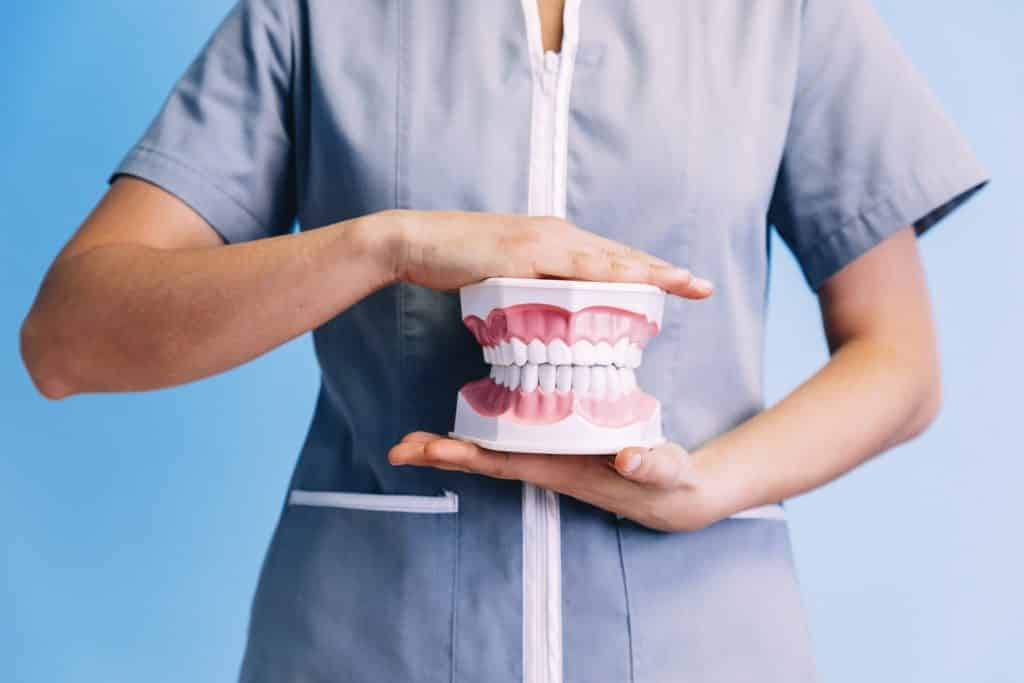How Often Should I Visit the Dentist?
Visiting the dentist, like visiting your family doctor, is something that should be done regularly. Visits are intermittent, however, it can sometimes be easy to forget to make an appointment and you may not be sure how often you should do so.
Because the question “how often should I visit the dentist?” is so frequently heard, let’s answer it here and discuss why it’s important, what to expect during a visit, and more.

How Often Should I Visit the Dentist?
You have likely heard it said that dental appointments should be every six months. This is a good rule of thumb, but of course, it doesn’t apply equally to everyone. While some studies have shown that certain individuals may go an entire year between visits without experiencing any significant dental issues, others need to go more regularly, even as often as every 3 or 4 months.
How often you need to visit the dentist will depend on your own unique situation, your eating and dental habits, as well as your overall oral health. While the 6-month guideline will likely suffice, you may discuss it with your dentist to have more insight.
Why is it Important to Visit the Dentist?
Some people think that the best time to see their dentist is when they are suffering from a toothache, or when they have some other issue that needs attending to, but seeing your dentist regularly helps prevent these issues from even occurring and offers other benefits as well.
Also, if you have kids, Calgary Family Dentist will be a good fit for you.
Reasons to see your dentist regularly include:
-
Saving Your Teeth
The most obvious benefit is, of course, taking proper care of your teeth. If you have a decayed or rotten tooth, they may need to remove it, which may lead to additional problems such as your teeth moving, discomfort, or permanent changes in your smile. Seeing your dentist regularly offers the opportunity to save your teeth before irreversible harm occurs.
-
Preventing Future Issues
Even though the dentist may be able to save your decayed teeth, it’s better to prevent such problems from ever arising. Your dentist can help you in the battle against tooth decay and they can help prevent future issues, saving you pain and discomfort down the road. During your visit, the dentist may notice a small cavity forming, indications of gum disease, or even signs of oral cancer. By spotting the problems early, you have a greater chance of successfully treating them.
-
Overall Health
Your oral health can impact systems throughout the body. For example, bacteria from your mouth can enter your bloodstream and cause infection or inflammation in other parts of the body. The heart, liver, and kidneys are particularly susceptible to bacteria from the mouth. If you want to help maintain your overall health, don’t ignore your mouth.
Eating the right food will increase your teeth health as well. You can read more about it in what to eat to prevent tooth decay.
-
Treating Bad Breath
Chronic bad breath can result from poor oral hygiene habits and it’s not something to treat on your own, as it could be an indicator of a medical condition that needs attention. Your dentist can pinpoint the cause of the problem so that it can be handled effectively.
What to Expect on a Visit

When you visit your dentist for a regular checkup, you will greet the receptionist to inform them that you have arrived. If you are early, you will be asked to have a seat and wait until someone comes to get you for your appointment.
When the actual appointment begins, you will start with the dental hygienist. They will take your medical history if this is your first visit or ask about any recent changes or concerns if you have met with them previously. This helps them to provide the appropriate care and meet any special needs that you might have. This will be followed by a thorough tooth cleaning, with the hygienist removing any built-up plaque and tartar above and below the gum line. They will also floss your teeth to remove any lingering plaque or food particles and finish up with a polishing that leaves your teeth feeling clean and slick.
Your teeth and mouth will be checked for any potential problems, with an eye out for swelling of the gums, redness, or sores. You may also have x-rays taken, but this will not occur every visit. Healthy adults typically have them taken every 2-3 years, but if you have implants, crowns, or bridges, they may be done every 12-18 months.
How Long Will it Take?
This will vary depending on what is being done and if you have any special concerns that you want to discuss with your dentist, but on average, you can expect a typical dental appointment to last about 45 minutes.
If you are looking to get your smile straightening, you can check our article about Invisalign vs Metal braces.
How to Choose a Good Dentist
You and your dentist may be together for many years to come, so it’s important to find a good fit, with a dentist that can meet all your needs. Some of the things to look for when choosing a dentist include:
-
Referrals
Your family doctor or local pharmacist may be able to recommend a dentist to you, as may a family member or trusted friend. Just be sure to get plenty of information. Are they recommending this person because they are thorough, professional, and equipped with the right technology, or because they are “nice?”
-
Location and Office Hours
While perhaps not the most important factor, having a dentist in a convenient location is certainly a consideration for many people. That said, you may be willing to travel farther, or to a less convenient office to get the best care.
Similarly, if the dentist keeps office hours that are convenient for you, that may be a consideration if you want to avoid taking time off from work or school.
-
Services
Does the dentist offer full services? Some may offer multiple services from whitening to root canal and everything in between, while some may not. Do they have services in place for dental emergencies? No one wants to have to wait over the weekend with a broken tooth.
-
Friendly and Helpful Staff
You are going to be dealing with your dentist for what may be a long time. Your experience will be more enjoyable with someone attentive, helpful, and easy to communicate with.
At Aspen Dental, you will find a highly trained, professional staff that takes your oral health and general health seriously. We not only help make your smile the best it can be, but we also give you a reason to use it.











